Although everything has been leading up to the moment when you leave hospital and take your baby home (or babies, if you've had more than one), it’s probably still a bit of a shock when it finally happens! So don’t worry if you’re feeling a bit nervous to start with – it’s totally understandable.
The good news is that you’ll have plenty of expert help around you in the early days, with your midwife or health visitor dropping in to check that everything’s going well and answer any questions you might have. We’re here to help you too, with some top tips for those first few days.
Ready Steady Baby from NHS Inform is a great source of information to help you cope with the first weeks of parenting a new baby.
Common question new parents have
How long will I be in hospital?
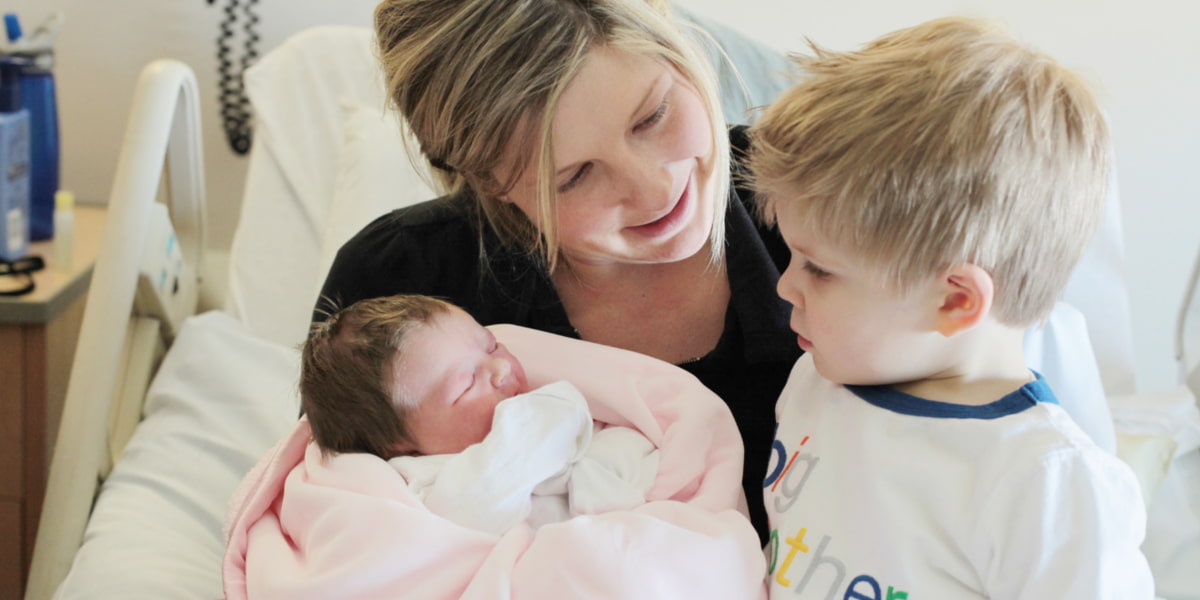
It’s different for everyone, and depends on how you and your baby are doing, and what kind of birth you had – it’s important to trust the judgement of the health care professionals. If you or your baby need extra care, or if you had a Caesarean section, you might be in hospital for a bit longer than you may have expected.
Whether you are in hospital or at home, the midwives are there to guide and support you. Don’t hesitate to ask for help if you need it.
What happens after I leave hospital?
In the first 10 days your midwife will visit you at home and support you, including help with feeding. You’ll also need to register your baby at your GP practice and by law you need to apply for a birth certificate within 21 days of the birth. You can find out more about how to register your baby's birth on MyGov.scot.
As long as your baby has a safe place to sleep and a place you can change and bathe them you’re all set. The more you can organise before you go to hospital, the less stressed you’ll feel when you get home.
How do I get my baby home?
No matter how you get your wee one home – in your car, a family or friend’s car, or taxi, your baby needs to be in a car seat. You’re bound to be nervous in that first ride home, so make sure that the car seat fits all the safety requirements. It just means there’s one less thing to think about.
You can read more about car safety here and you’ll find everything you need to know about choosing and fitting the right car seat for your child, and using it safely, on the Good Egg Safety website.
What if my baby needs special care?
Having a baby who needs neonatal care is worrying for parents, and it’s important to get the information and support you need. Babies may need special care for a number of reasons – such as being born early, or if they are very small and have a low birth weight, have an infection or if the birth was difficult. Twins and multiples are also more likely to need special care.
It’s natural to feel anxious if your baby needs special care. Talk over any worries and fears with the hospital staff – and ask them to explain any treatment your baby is given and why. If you understand what’s happening, you can help your baby get the best possible care.
Many hospitals have counselling and advice services. The charity Bliss also provides lots of information and support for parents with babies being cared for in a neonatal unit. You can find out more on the Bliss website. Twins Trust offers advice and support to parents of twins, triplets and more.
How do I change my baby's nappy?
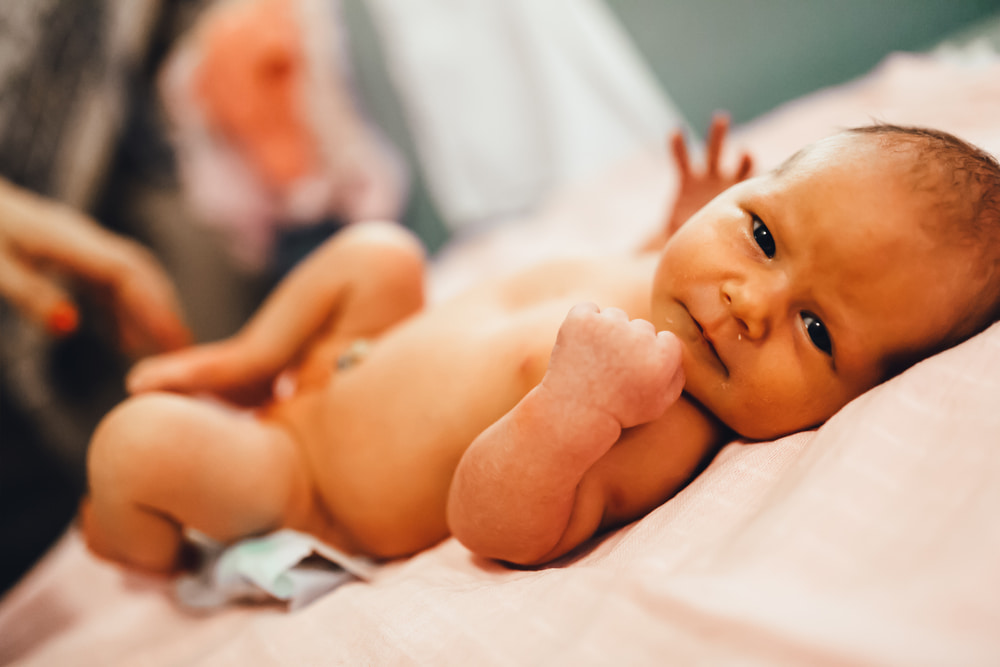
Your newborn will poo several times a day and pee at least 5-6 times a day. You don’t need much to change a nappy – just a changing mat or towel will do, plus some cotton wool or wet wipes. You might also prefer the idea of a changing table. It’s a lot easier on your back – but just make sure you don’t leave your baby alone, in case they fall.
You’ll soon get the hang of perfect nappy changes, but here’s a 10 step guide to help you.
What you’ll see in your baby’s nappy will look quite different over the first month. Wet and dirty nappies are a sign that your baby is getting enough milk. So don’t worry when the number of heavy, wet nappies increases each day – that’s normal. And don’t be surprised when you see changes in the colour and texture of your wee one’s poo – that’s normal, too.
Our feeding checklist and page on nappy changing have more advice.
Why is my baby crying?

As you and your baby develop a secure attachment it will be easier for you to pick up on cues and respond quickly to your little one. Some babies do cry more than others though. It can help to go through a checklist of what the problem might be, but if you’re worried, speak to your midwife, health visitor or have a look at Ready Steady Baby for some pointers.
Our page on Why is my baby crying? has more tips and advice to help. If you have twins or more, you can find advice and support on the Twins Trust website.
How do I cope with my crying baby?
It can be frustrating and emotionally draining when your baby won’t seem to stop crying. So if you’re getting upset, pop them down in a safe place or ask someone else to hold them so you can get a break. Sometimes a cuddle, a warm bath or heading out for a walk for a change of scene can help babies stop crying. Over time, you will be able to recognise your baby’s cues and be able to respond to them quicker and prevent crying – but it takes time to learn. Be patient with yourself and the baby.
Our page on Why is my baby crying? has more tips and advice to help. If you have twins or more, you can find advice and support on the Twins Trust website.
What is colic and what can I do about it?
There is a chance the crying could be caused by colic. Colic is the name for excessive, frequent crying in a baby who appears to be otherwise healthy. It’s a common problem that affects up to one in five babies. You’ll find helpful advice on what to do if you think your baby has colic here or speak to your midwife or health visitor.
Do I need a routine?
There’s a lot to think about when caring for a baby and some days it can seem like the jobs never end. The best way to cope is to find a routine that works for you. It doesn’t mean you need to plan out the whole day, but babies like structure and predictability so it’s a good idea to have some kind of regular routine in place.
Having a set nap and mealtimes is often enough - the rest of the day can fall into place around these times. Babies like to know what to expect, and a simple routine like this can help them feel more settled.
More information
For more information on looking after your newborn baby, speak to your midwife. There’s also a lot of useful information at Ready Steady Baby.
If you're expecting twins, triplets or more, the Twins Trust offers advice and support.
 Activities & Play
Activities & Play Behaviour
Behaviour Childcare
Childcare Development & Growing Up
Development & Growing Up Family, Friends & Relationships
Family, Friends & Relationships Feeding Your Baby
Feeding Your Baby Food & Eating
Food & Eating Health & Safety
Health & Safety Mental Health & Wellbeing
Mental Health & Wellbeing Money & Work
Money & Work Online Behaviour & Safety
Online Behaviour & Safety Pregnancy & First Days
Pregnancy & First Days School & Education
School & Education Sleep
Sleep

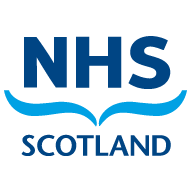
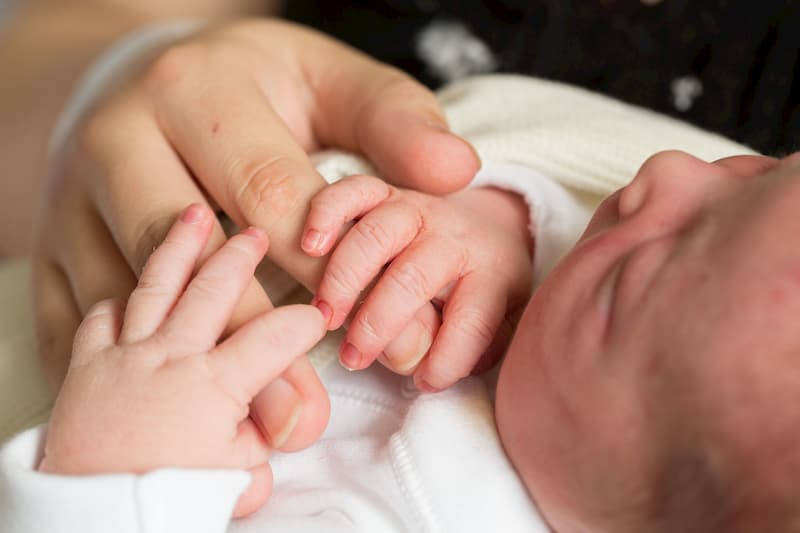
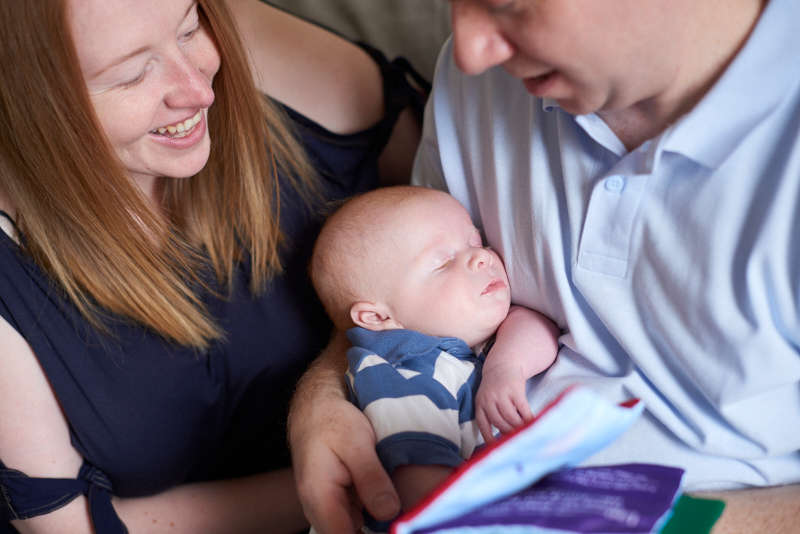
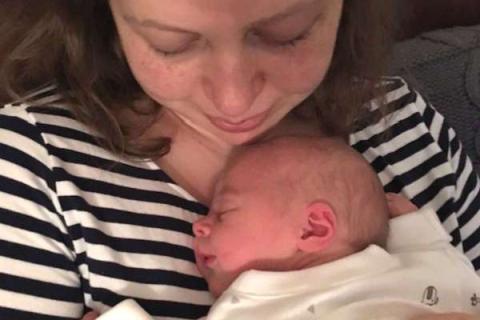
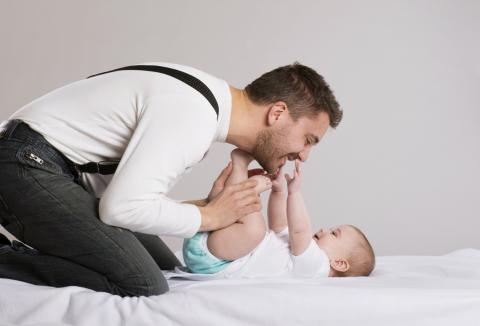
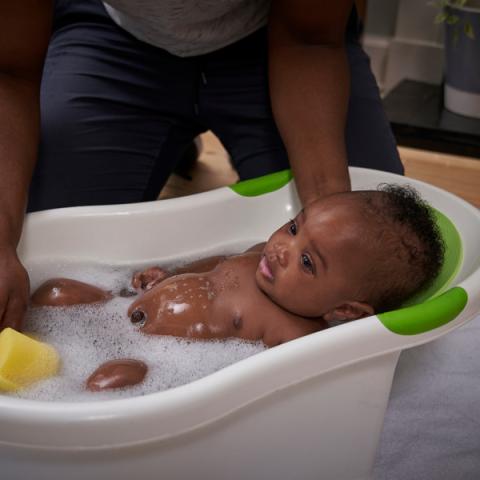
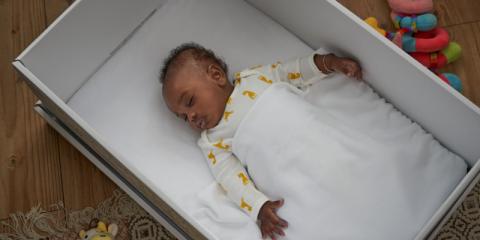
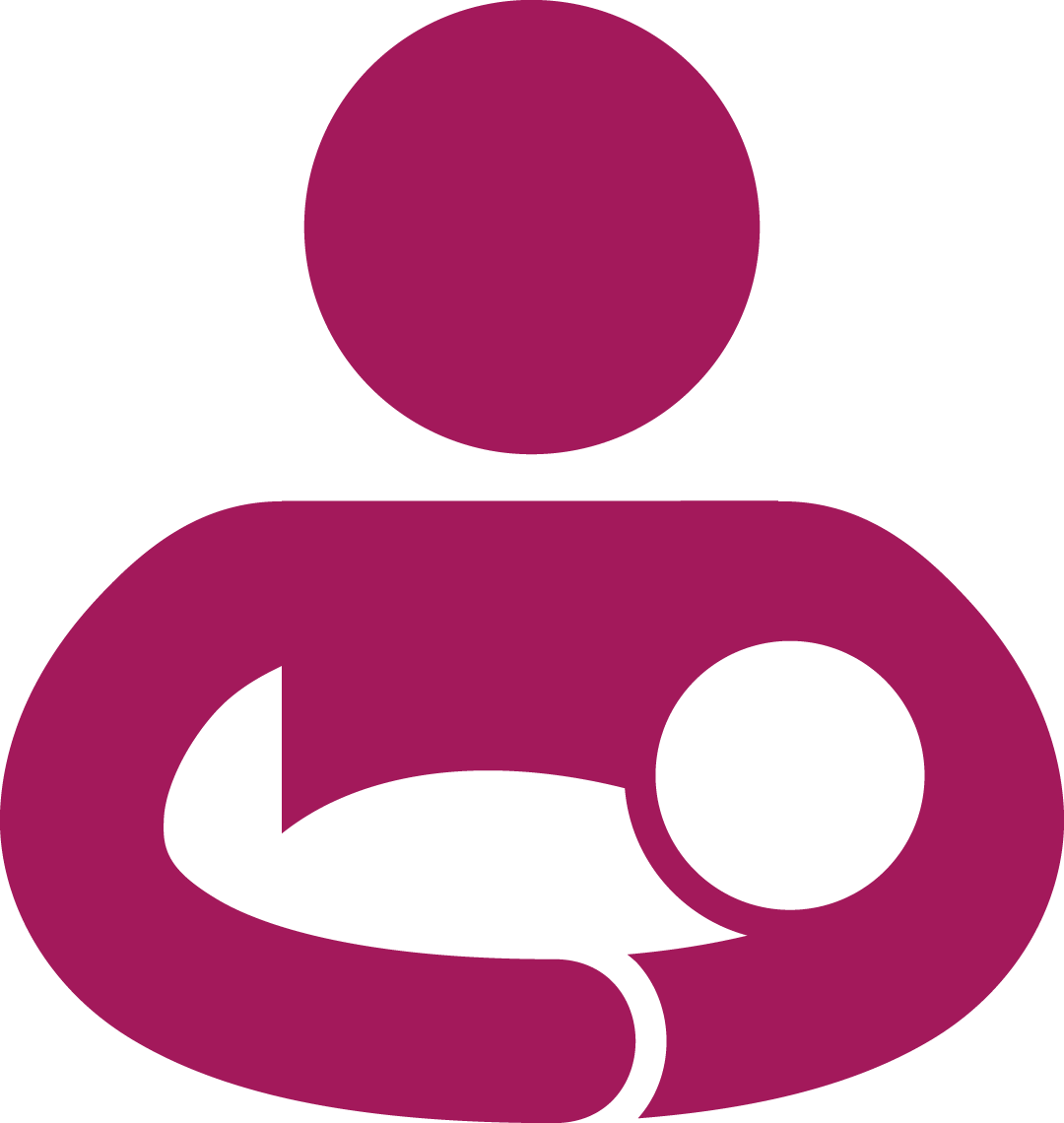 Feeding Your Baby
Feeding Your Baby
 Sleep
Sleep